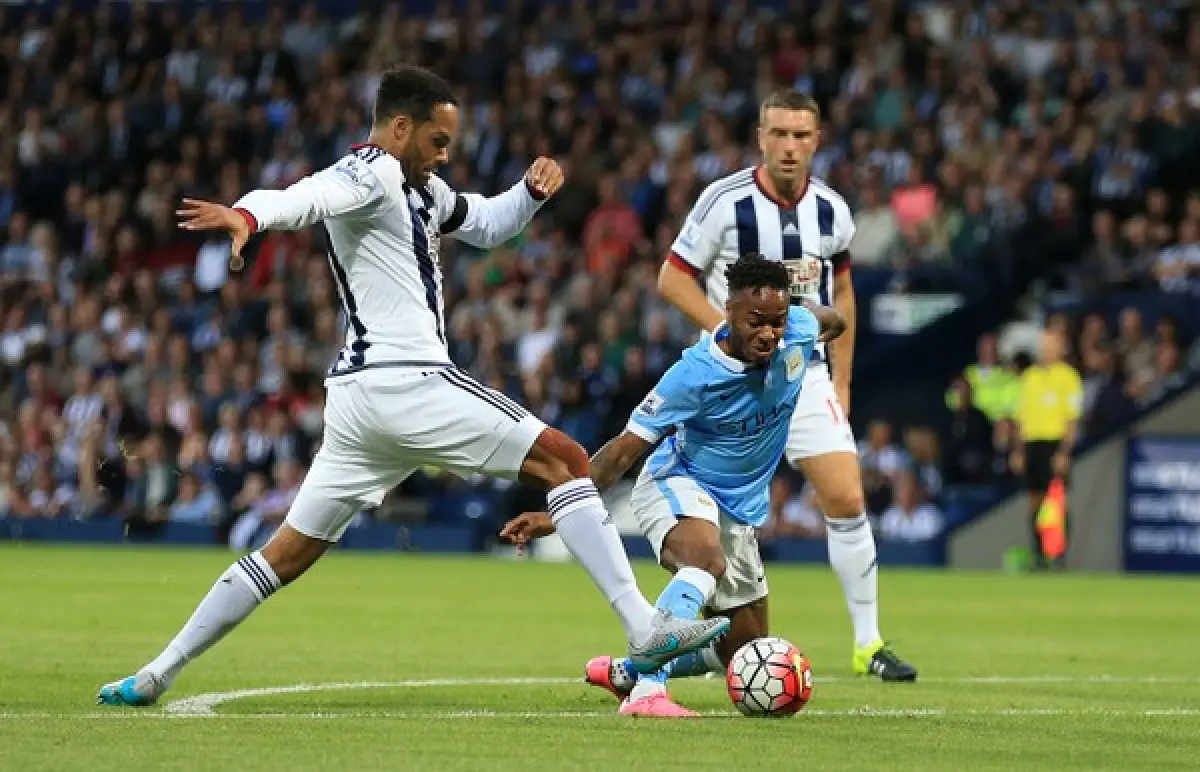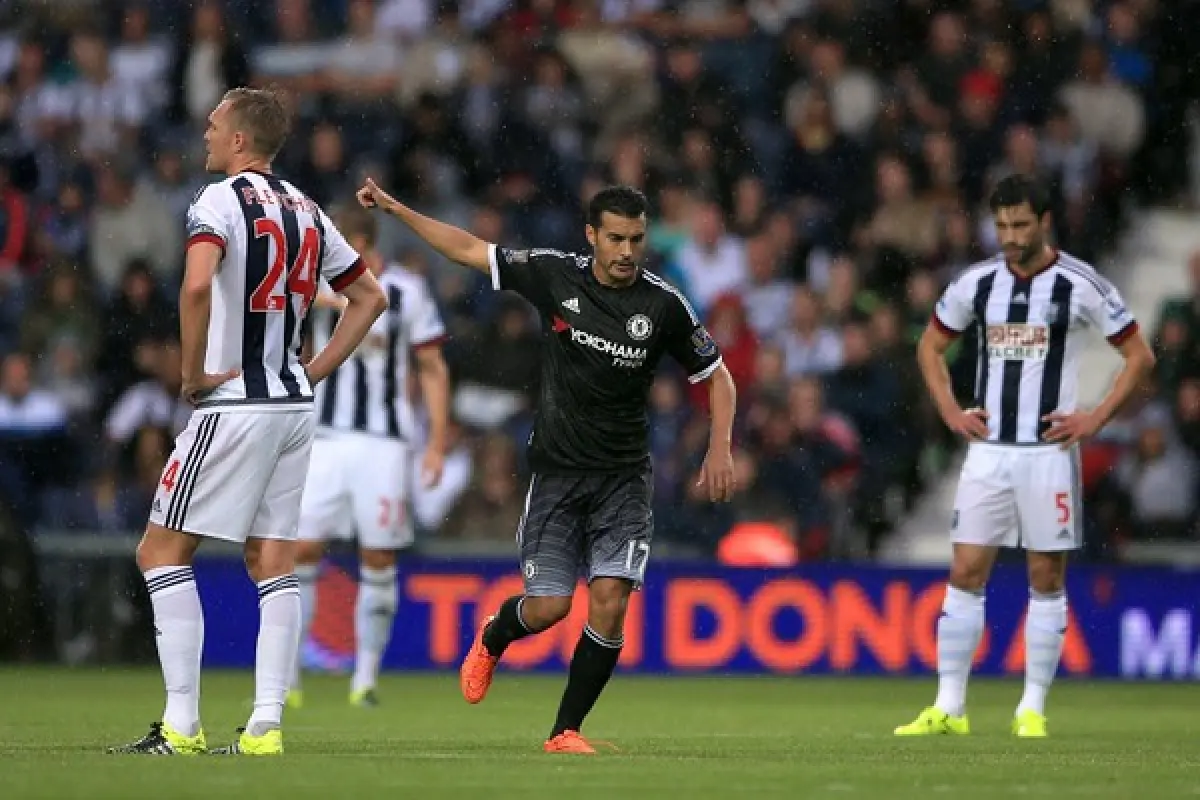Second season syndrome all too familiar though can Chelsea turn the tide?
Published:
Between 2004/05 and 2008/09 two teams dominated the Premier League, with Chelsea, under Jose Mourinho winning back-to-back titles, before Manchester United reasserted their previous stranglehold on the English top-flight, with three consecutive triumphs, spearheaded by the almost untouchable Cristiano Ronaldo.
Since then, in a hugely competitive environment, a club hasn’t retained arguably the most sought after domestic title in European football.
The roll of honour has gone Chelsea, Manchester United, Manchester City, Manchester United, Manchester City and most recently Chelsea.
In 2003, Roman Abramovich started a trend, making football clubs the latest commodity, or even ‘play thing’ for rich billionaires to assert their power and wealth. As such, the results were almost immediate as the Russian invested multi-millions in players for a quick fix. Demonstrating that, ultimately, money talks.
While the early splurge from Abramovich brought with it three trophies in as many seasons, as recession hit most of Europe and thus his willingness to plough more funds into squad development with the same intensity waned a little. His thinking being that initial investment made should have been enough to dominate for a while.
Further north, Man Utd, under Sir Alex Ferguson, would be about to reap the rewards of clever scouting and good deals, including the £12m paid for Ronaldo (£100k less than Chelsea spent on Arjen Robben) and the astute capture of Carlos Tevez.
This led to arguably one of the best squads ever compiled by a Premier League club. While Mourinho left Chelsea by mutual consent in 2007 after a disagreement with Abramovich over transfer policy among other things, it became clear that long-term, continuous spending was unsustainable when factoring in the imminent Financial Fair Play regulations.
Abramovich, though, was about to have company in the Premier League’s elite billionaire club, which would effectively make his fortune look like merely pocket change.
When Sheikh Mansour bin Zayed Al Nahyan, owner of the Abu Dhabi United Group and a virtual bottomless pit of cash, made an approach to buy Manchester City in 2008 and write off the club’s debt, it marked a significant shift in Premier League spending power.
However, compared to Chelsea, City’s journey to the upper echelons was somewhat prolonged. A lack of Champions League, or even European football full stop, hampered their ability to attract high profile players, despite the extravagant wages on offer.
As the Blues and United went toe-to-toe for the following couple of seasons, with the former claiming glory in the 2009/10 campaign, followed by Ferguson’s force a year later, it wasn’t until 2011/12 when the Etihad outfit secured the title in dramatic circumstances, with Sergio Aguero’s last-gasp goal taking it away from their neighbours.
That summer, the two Manchester clubs competed for the prolific Robin van Persie with Ferguson showing more desire to bring him to Old Trafford, while Roberto Mancini was somewhat complacent. Unsurprisingly, United claimed back the title, as the Dutchman topped the Premier League scorer charts, allowing Fergie to retire on a high.
David Moyes’ lack of credibility and an almost drop in drive meant United’s squad, in much need of a spruce up went almost untouched, with only Marouane Fellaini transferring from Everton at the end of the window. It appeared City though, had learned their lesson.
Under new coach and pragmatist Manuel Pellegrini, nicknamed the ‘engineer’ for his degree in that subject and his ability to construct winning teams, City brought in Fernandinho, Alvaro Negredo and Stevan Jovetic, plus experienced head Martin Demichelis. The result? You know the story.
Mourinho, meanwhile, newly reinstated as manager at Chelsea barely spent in his first campaign back in charge, though was plotting for a busy summer. While the Blues pushed City close, even beating them twice, deals had been lined up for the deadly Diego Costa and an audacious swoop for Cesc Fabregas, while City cut back.
This was what the Blues, 9/1 fourth favourites with Coral to win the Champions League, were missing and it showed as Mourinho’s men hit the ground running. While they almost ran out of steam towards the end of the season, they had done enough to bring the title back to Stamford Bridge. However, this season? So far, the same old story it seems.
An obvious pattern has been emerging over the last five years; clear for all to see, apart from maybe Arsene Wenger.
Pellegrini reopened his practically blank chequebook. At the time, the £49m spent on Raheem Sterling appeared foolhardy, though his presence in the side has given David Silva more time on the ball.

Capitalising on Chelsea’s seemingly reluctant stance to spend cash, he added Fabian Delph, Nicolas Otamendi, Kevin De Bruyne and young talent Patrick Roberts, racking up a total outlay well in excess of £100m.
Add to that the resurgence in form of Vincent Kompany and Yaya Toure, and City look like an almost new team. On the other hand, Chelsea have started sluggish.
Up until the first game of the season, only Brazilian youngster Nathan and Asmir Begovic had been brought in – the latter replacing Arsenal-bound Petr Cech – and their 2-2 home draw with Swansea City left a lot to be desired.
A long, drawn out pursuit of Everton’s John Stones was almost nauseating and it wasn’t until the 3-0 defeat by City at the Etihad when Mourinho decided to force Abramovich’s hand in the window.
Almost immediately, they hijacked United’s pursuit of Pedro Rodriguez, while also bringing in Ghana left back Abdul Baba Rahman in an outlay that totalled over £40m. Still the Jones saga rumbled on, as an unwillingness to pay the £40m that the Toffees reportedly wanted, did little to nurture the relationship between both clubs, despite Romelu Lukaku’s Stamford Bridge switch to Goodison Park.

While clubs don’t need to go crazy in the summer transfer market, top teams like Chelsea can easily afford to spend £100m without worrying too much about Financial Fair Play, due to lucrative sponsorship deals and television revenue.
Therefore, it begs the question why targets weren’t identified quicker by Chelsea earlier in the summer. Mourinho must have recognised the trends of the past few seasons.
A sense of frustration still lingers around Stamford Bridge that the club already has too much to do to catch the seemingly unstoppable City. Mourinho must find a way though, in what is likely to be his most challenging season to date, with Chelsea 5/1 to win the Premier League.








